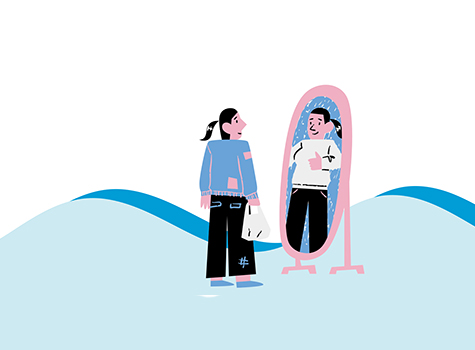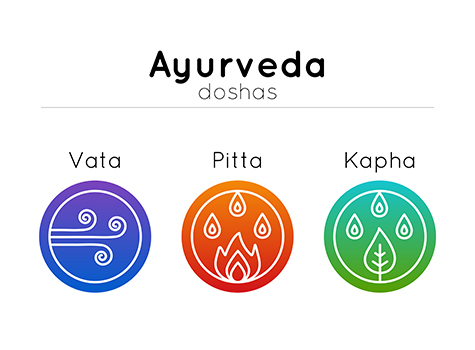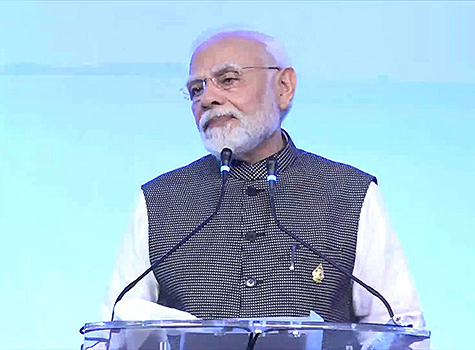
Monday mornings are always like Normandy landings for me. I wake up at 4:30am and start the day by pacing around for 30 minutes. So it is a reflection on how bad the upcoming Monday is going to be that I woke up at 4:30am Sunday morning and sat in bed holding my head—only it was 5:30am because the time had changed to daylight saving overnight. I had my ducks in a row as far as the busy week ahead. I woke up staring in the blackness with a decades-old echo in my head: “Make sure my sister is safe, my brother.”
Late summer of 1980 I was returning to North Carolina from Bangkok aboard a KLM flight that touched down at Paris in the morning, and then an Air France connection to JFK 10 hours later. It would prove to be fateful. I walked around, ate a sandwich, smoked a few cigarettes, and then sat down on some chairs right inside the transit lounge to wait out the next nine hours. A young man appeared and sat next to me. He was Iranian. His story was harrowing. “I’ve been here in the lounge for three weeks now,” he lamented. “I can’t get a visa to exit or fly anywhere else.”
This was way way before the Tom Hanks movie about a man stuck in an airport. He related the horrific story of how the Khomeini militia chased his Shah-aligned family like dogs. The parents put the sister; I will call her Noeen, on the earliest flight heading West. Mohammed was a few weeks behind. The parents? Well, nobody knew their future now. I shook hands and walked away. I didn’t want any problems. I just wanted to return to my apartment, and start my sophomore year in college like any normal young student.
It wasn’t meant to be. Mohammed spotted me again three hours before the Air France out to JFK. “I have my uncle’s number in Colorado, USA,” he said, handing me a slip. “I beg you, make sure my sister is safe, my brother.” My father was so far ahead of every worst-case-scenario that it makes my head spin even now. I sat alone on seats overlooking a runway and massaged my passport—it was a diplomatic passport, thanks to my father’s foresight. At age 20, most countries would stamp a gratis visa on it and welcome you like a VIP. I avoided Mohammed sleeping on a bench at a distance and rescheduled my flight for the next day and left the airport.
In my broken French I told the taxi to just take me to Saint Germain des Pres, where from college courses I knew all the literary greats supposedly hung out. I found a noisy hotel in this tourist infested neighborhood on Rue du Four with a second floor room, came back down, found a café, and drank two coffees and smoked four cigarettes because I did not know enough French (and was too shy at age 20) to really order food in French. I twisted and turned, mostly stayed seated in bed all night smoking and thinking about Mohammed. Being homeless on planet earth—being homeless on planet earth, where no one lets you enter their border because of geo-political reasons.
By early-afternoon the next day, I found a café and the courage to point at items at the counter to order a strange open-faced sandwich. They returned my $10 purchase in Francs. My first and only attempt was to try to call the number Mohammed had given me, collect call, to Colorado, USA. I could prove to Mohammed he could call himself. It didn’t work. I could not work the pay phones. The operators refused to understand me or dial. I hung up, walked up and down Rue Bonaparte, Boulevard Raspail, sat along the sidewalks, got paranoid and disoriented, and then took a taxi back to Orly Airport.
I didn’t see Mohammed; boarded the flight to JFK and counted my money at the gate thinking Mohammed could have benefitted from the $67 dollars I had, minus the $25 I had set aside to go from JFK to La Guardia. I would just call my roommate to pick me up in NC. I went through a range of emotions in the plane: Why is this my problem? Why is Mohammed’s sister my problem? What can I do?
My roommate had purchased a brand new Pontiac Grand Prix. He and his girlfriend, Deb, picked me up from the airport on this 10:15 arrival at Charlotte. “Shining Star” by The Manhattans was playing on the radio. I stared at them from the back seat of this beautiful new car. They kissed at every stop light. They held hands as if their limbs were glued together. I went to sleep on the ride home. Things were just fine.
But they were not. The next morning I woke up at a jet-lagged 4am and called the Colorado number of the uncle, not realizing the time difference. “We don’t know anything,” the man said in a thick accent. “Don’t call us again.” I held the phone receiver in my hand. I felt Mohammed kissing me three times on the cheeks, the fresh smell of airport liquid soaps on his skin, a tight shave, a shave unusual for a refugee, clean clothes, and tears welling his eyes, a man with no visa.
Mohammed haunts me frequently. He haunted me during times of peace and haunts me more now in times of neo-Nazi white nationalism sweeping the West. In Australia, thousands rot in cages set up at beaches because they boarded boats to escape hell. In Europe, all immigrants caught up in the West’s hunger for oil are now damaging Western culture—the same way the sub-continent invasion of migrants into Britain ultimately caused a backlash in a colonial empire now reverting to Nazi-era principles to keep their countries clean of the colored people they invaded and pillaged for 500 years.
Recently, a woman from Congo who managed to land in the US with her child and dared to ask for asylum had her child taken away while her application is being “considered.” My cousin, a heart surgeon, is having a hard time getting his work visa renewed. Hundreds of thousands of Mohammeds are now waking up every morning and drinking tears for breakfast because we have no humanity left in us in the pursuit of our ignorant and racist agendas. If we are capable of hate and incapable of empathy, there is nothing in us that is human. We share the purgatory with the nationless souls who have become our enemy in our cold cold hearts.
———-
Ahsen Jillani a former editor and publisher, is originally from Islamabad , Pakistan , and now lives in Mint Hill. He owns Must Media, a PR company focusing on both political and corporate clients.
Posted: Monday, April 23, 2018



